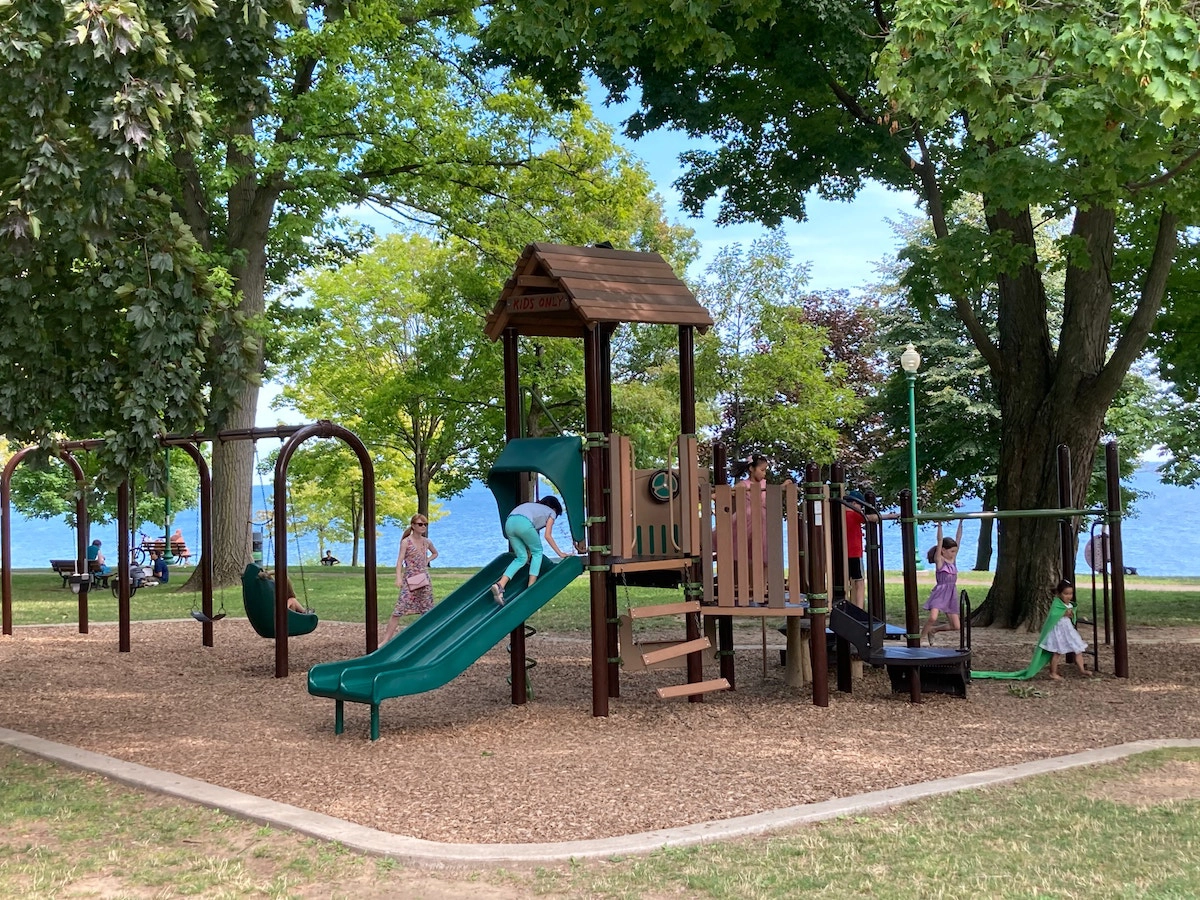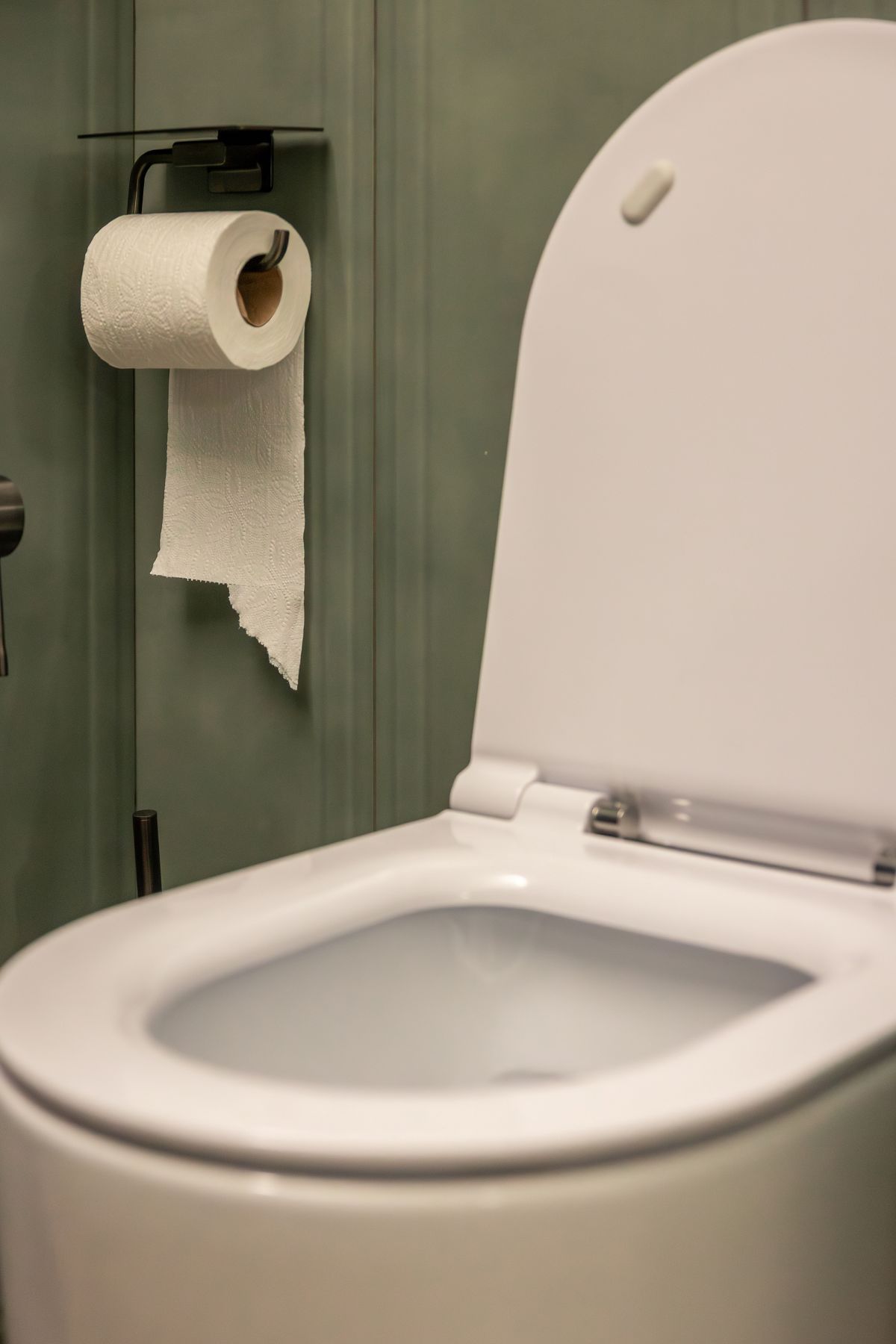
According to the Centers for Disease Control and Prevention (CDC), hypertension (elevated blood pressure) puts people at risk for stroke and heart disease, the leading causes of death in the country. The more we can do to help keep it in check and at a healthy level, the better off we will be.
“High blood pressure is referred to as the silent killer because there are often no symptoms until someone has a heart attack or stroke,” explains Jennifer Scherer, medical exercise specialist and certified personal trainer. “Knowing your numbers and taking measures to keep them happy is paramount.”
Hypertension, defined as blood pressure at or above 130/80, costs the country around $131 billion annually. The CDC reports that half of the adults in the country have hypertension, but only around a quarter of them have it under control. The good news is that there are some things people can do to help reduce their blood pressure and ultimately help improve their overall health.
Here are five lifestyle changes to help improve blood pressure:
- Learn to relax. According to Harvard Health, calming the mind through meditation can help lower blood pressure. Daily meditation, even 10-15 minutes, can help relax the mind and lower blood pressure.
- Spend time in nature. Increasing the time spent out in nature can go a long way toward lowering blood pressure. Research published in the journal BMC Complementary Medicine and Therapies reports the results from a study conducted to see the impact that forest bathing, or spending time in nature, has on one’s blood pressure. They conclude that forest bathing has a significant effect on helping to reduce blood pressure.
- Get active. Being physically active plays a vital role in helping to keep blood pressure at a healthy level. According to the American Heart Association, physical activity helps control blood pressure, reduce stress levels, strengthen the heart, and manage weight. Find something you enjoy doing, work with a personal trainer, or find what works for you, but get moving.
- Improve food choices. Diet can help play a role in reducing blood pressure. The CDC recommends getting nutrition counseling and opting for a diet rich in potassium, fiber, and protein and lower in salt and saturated fat.
- Add probiotics. John Hopkins Medicine reports that probiotics are linked to having healthier blood pressure. To do this, add foods to your diet that contain probiotics or opt for a good quality supplement to take daily.
“With some focus being put on the issue, you can greatly improve your blood pressure,” added Scherer. “We have helped others improve their blood pressure and can help you with your fitness and nutrition goals.”
Source: https://www.fburgfitness.com










